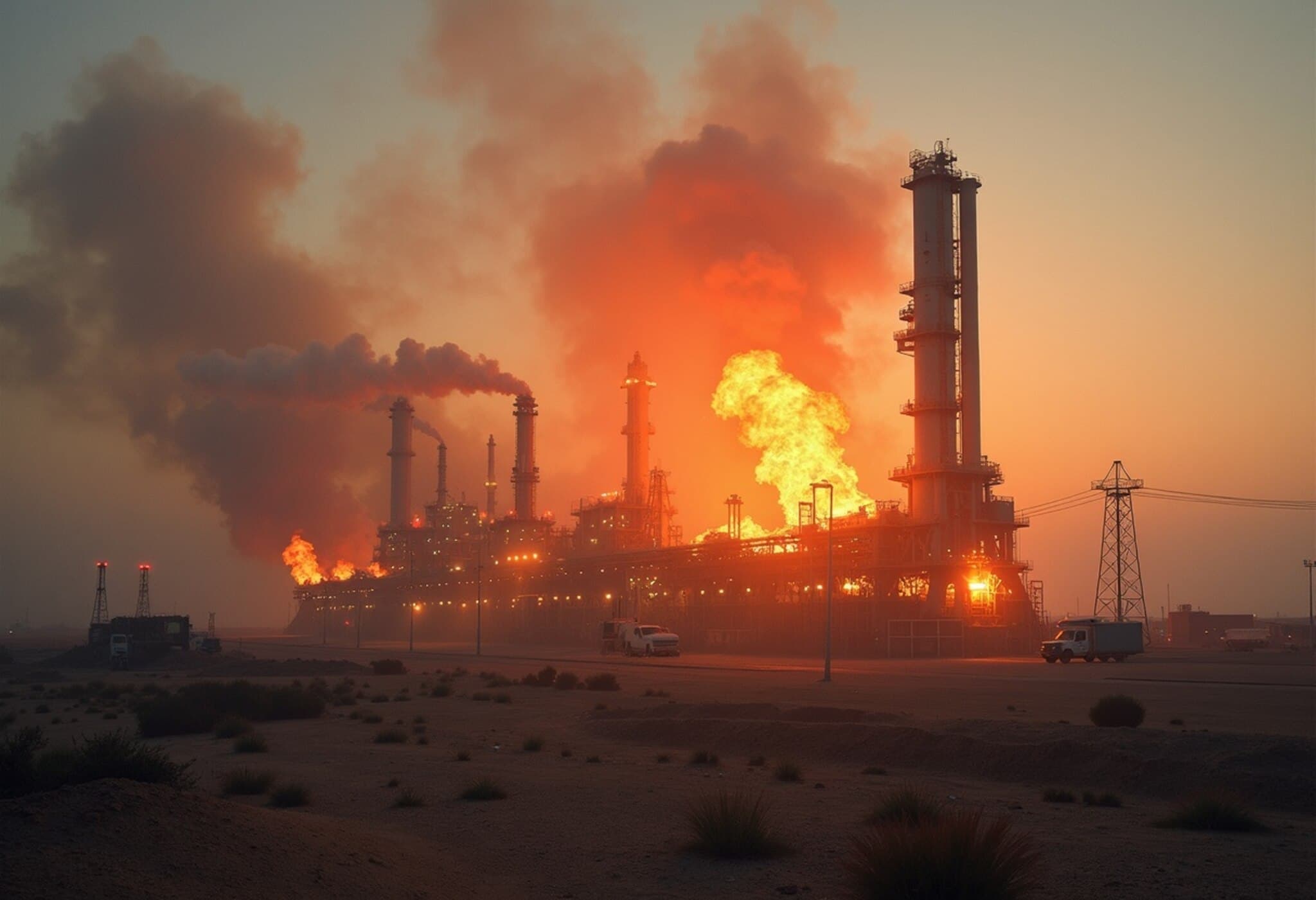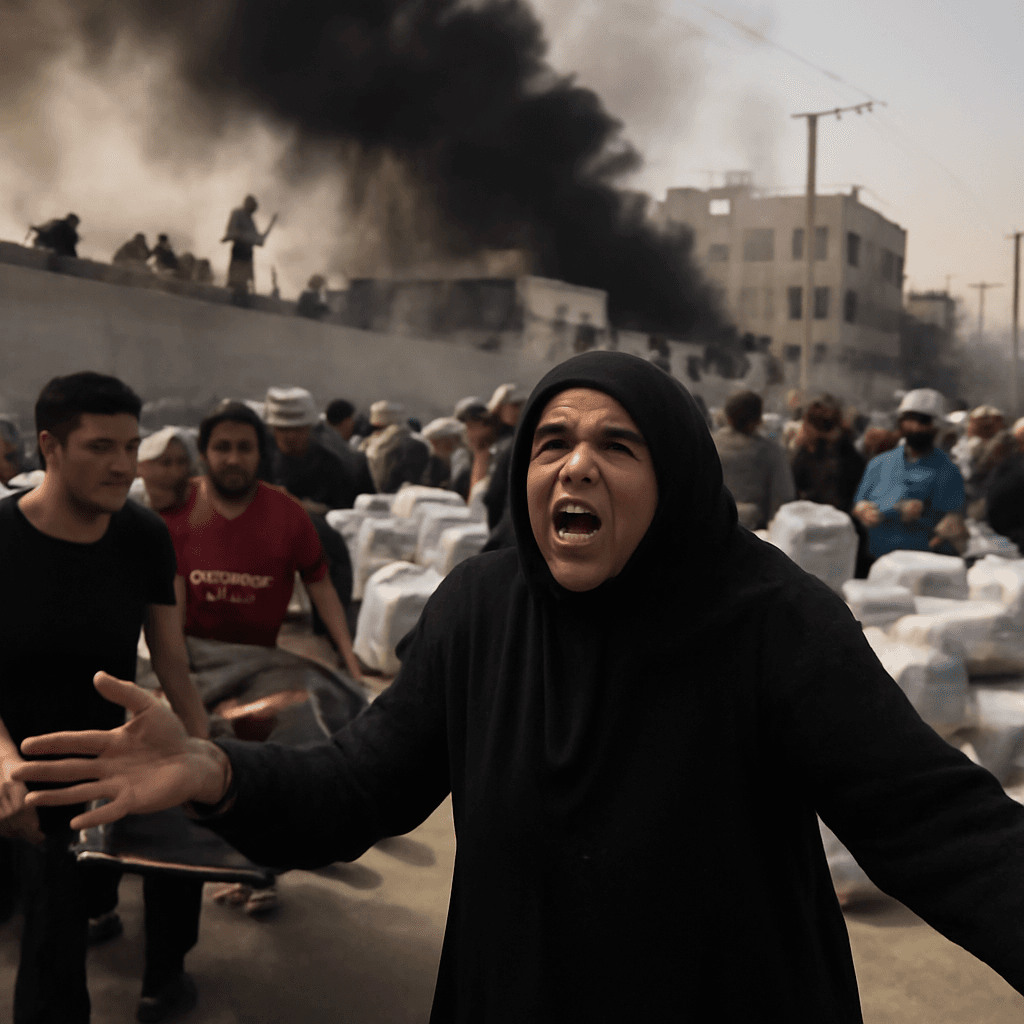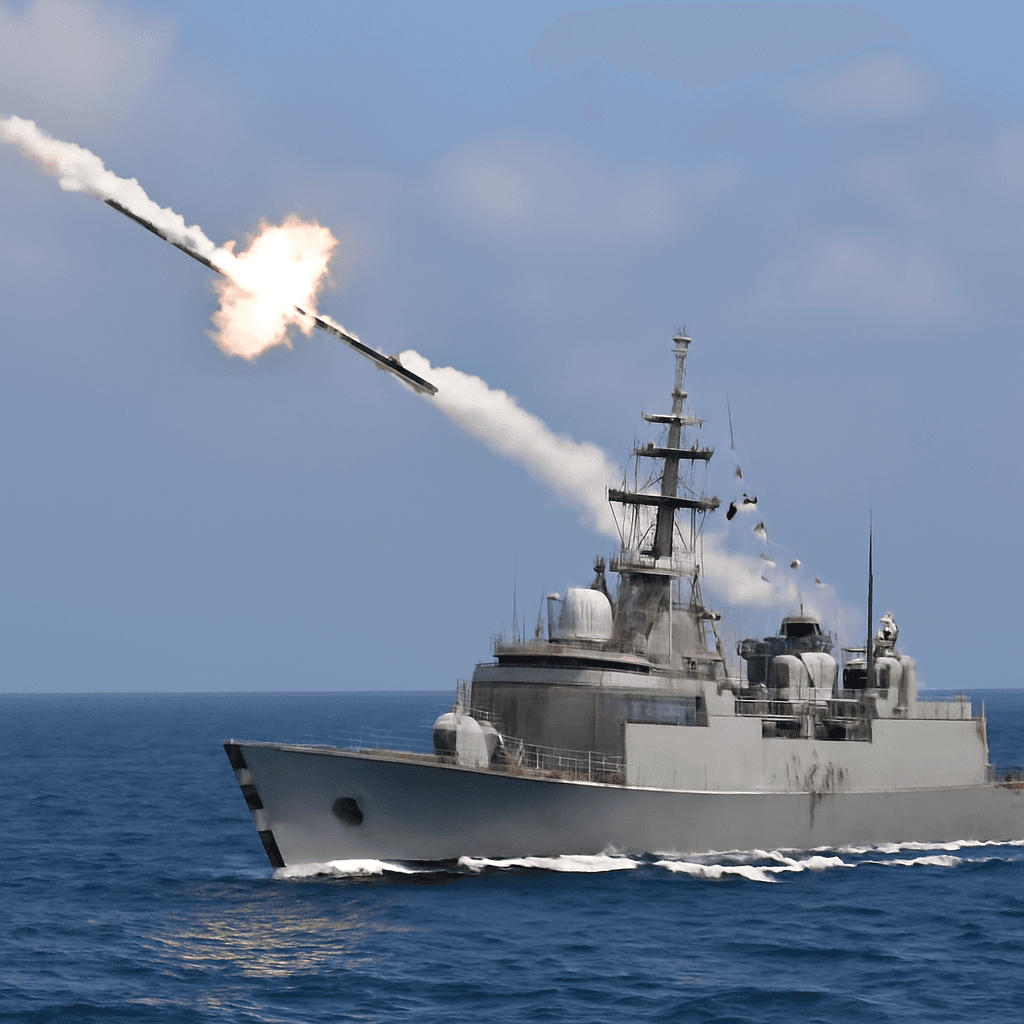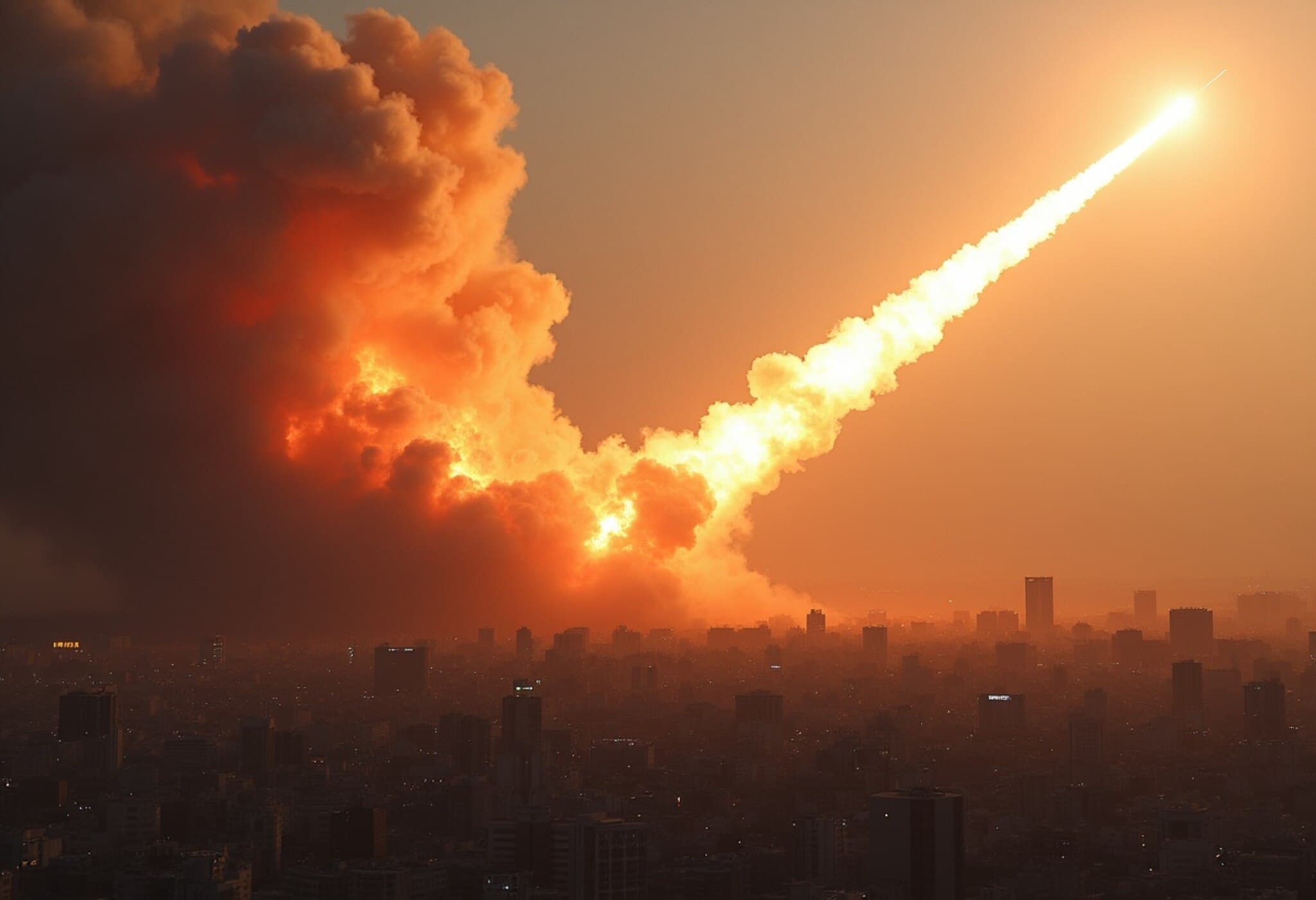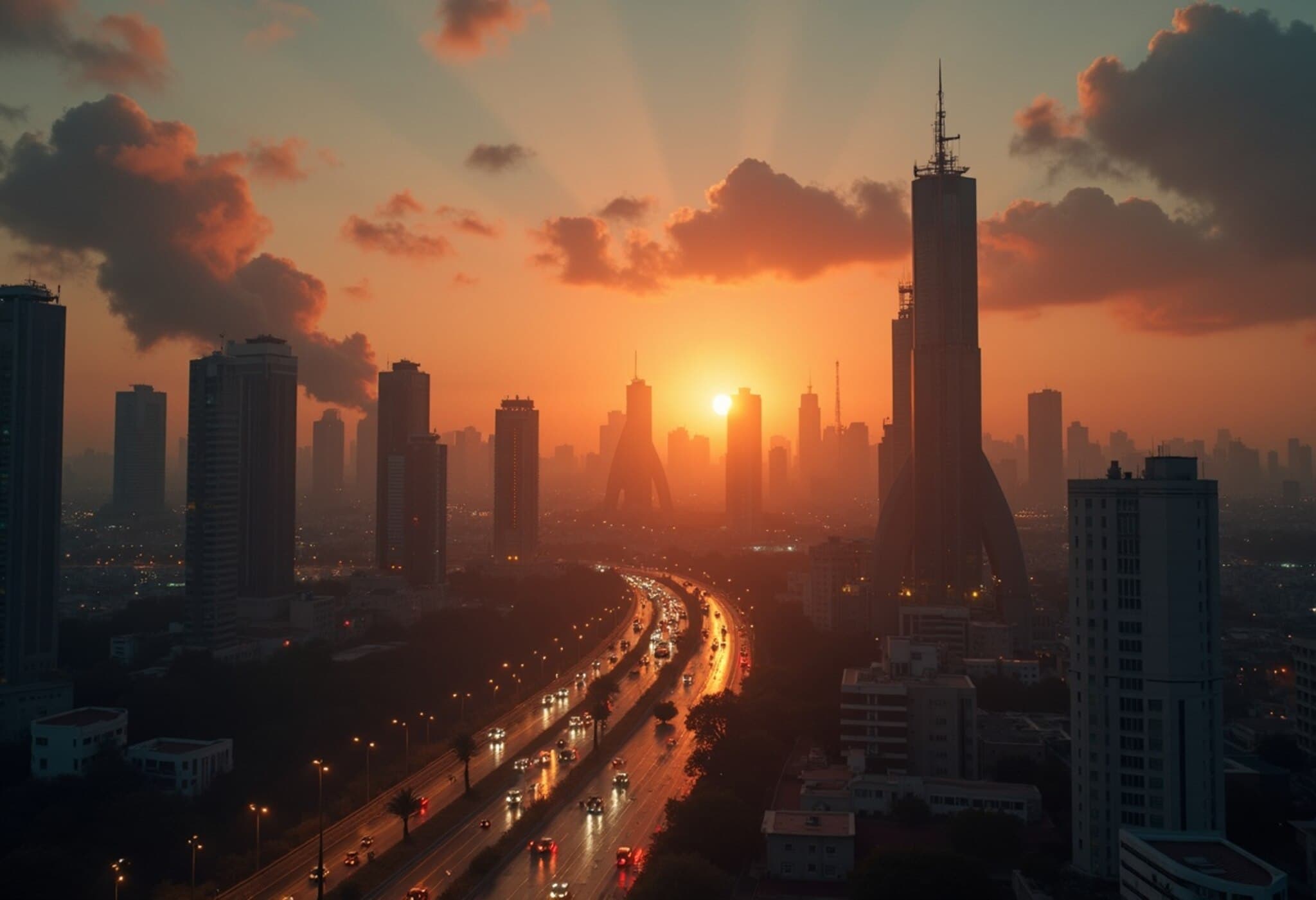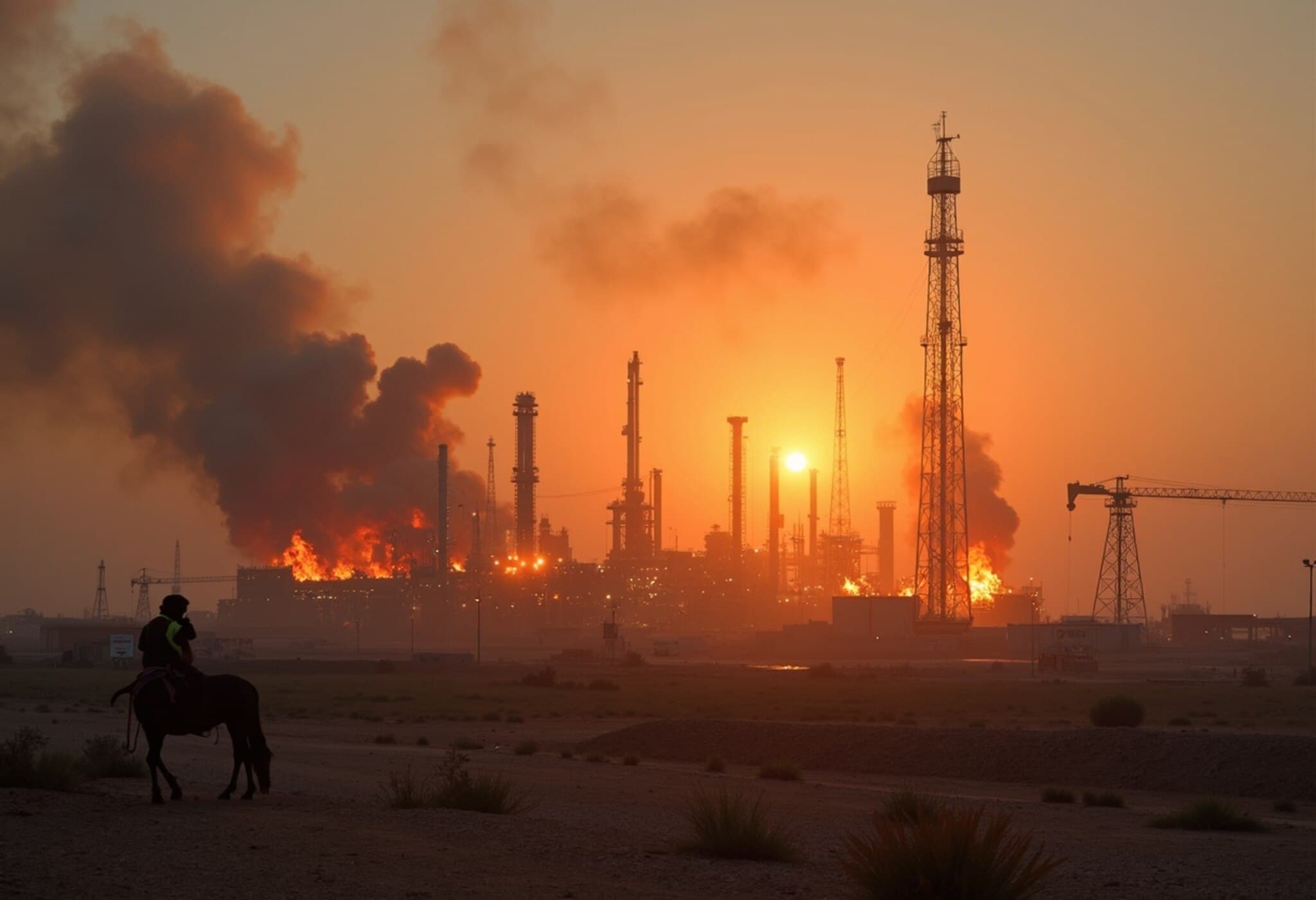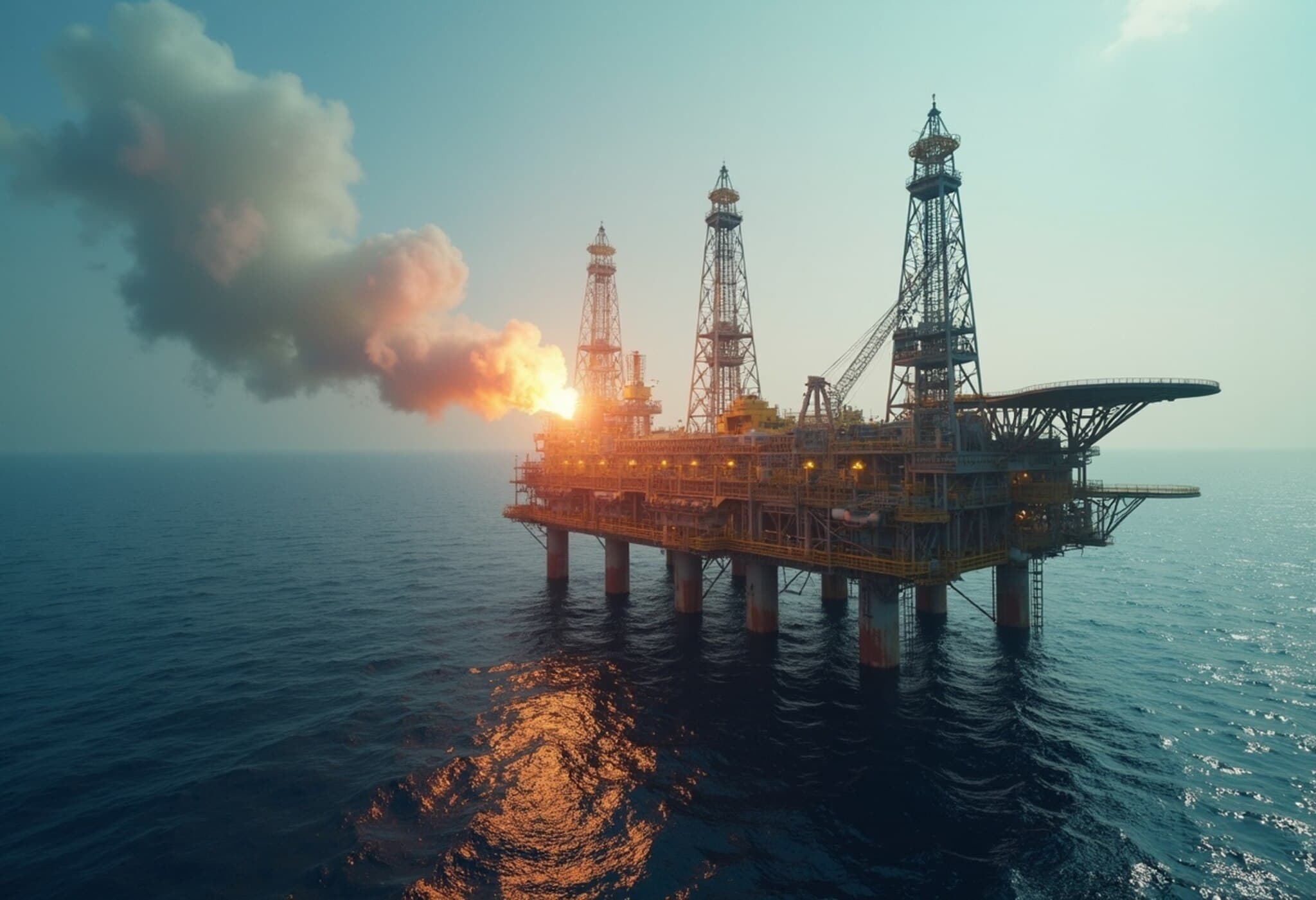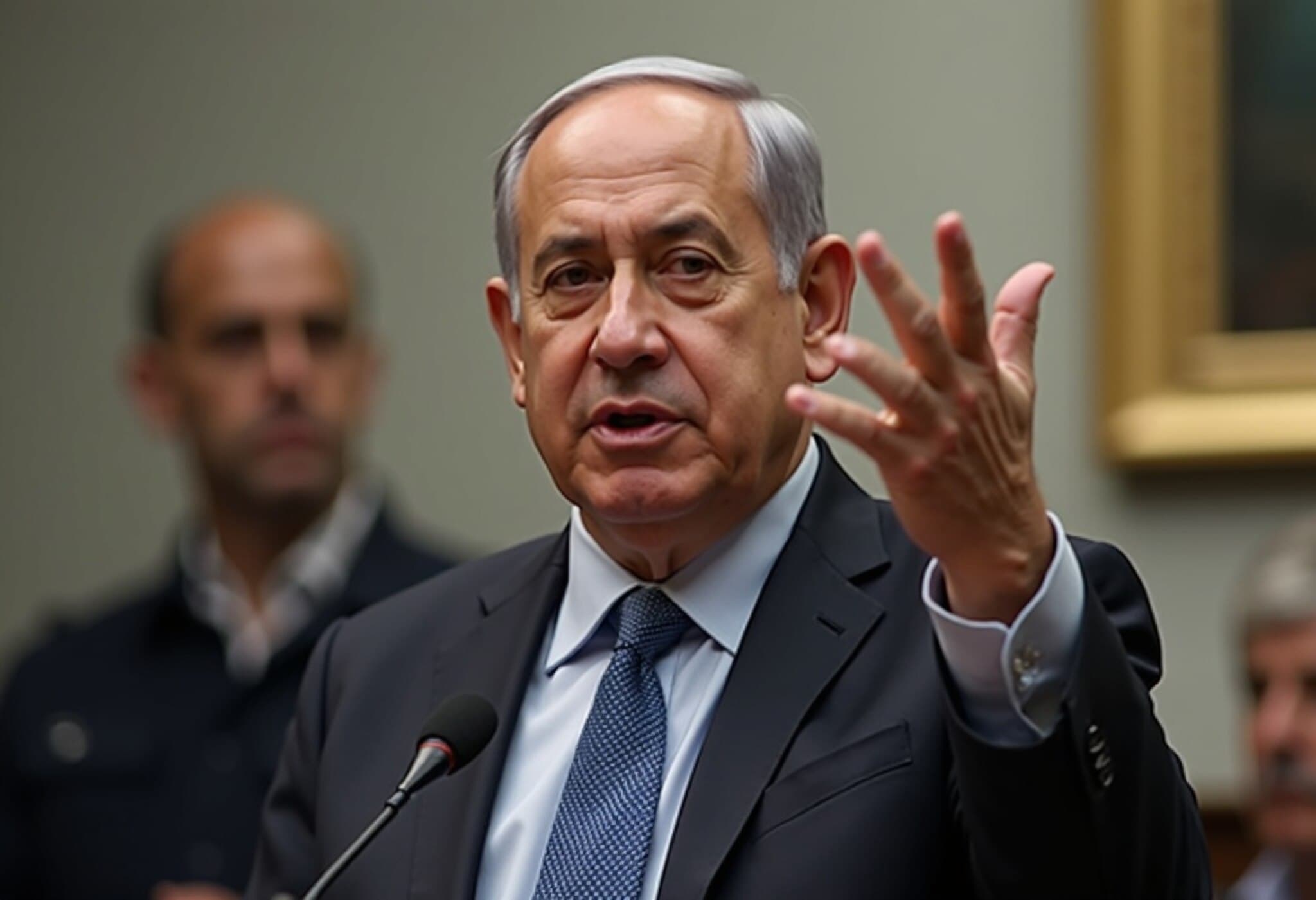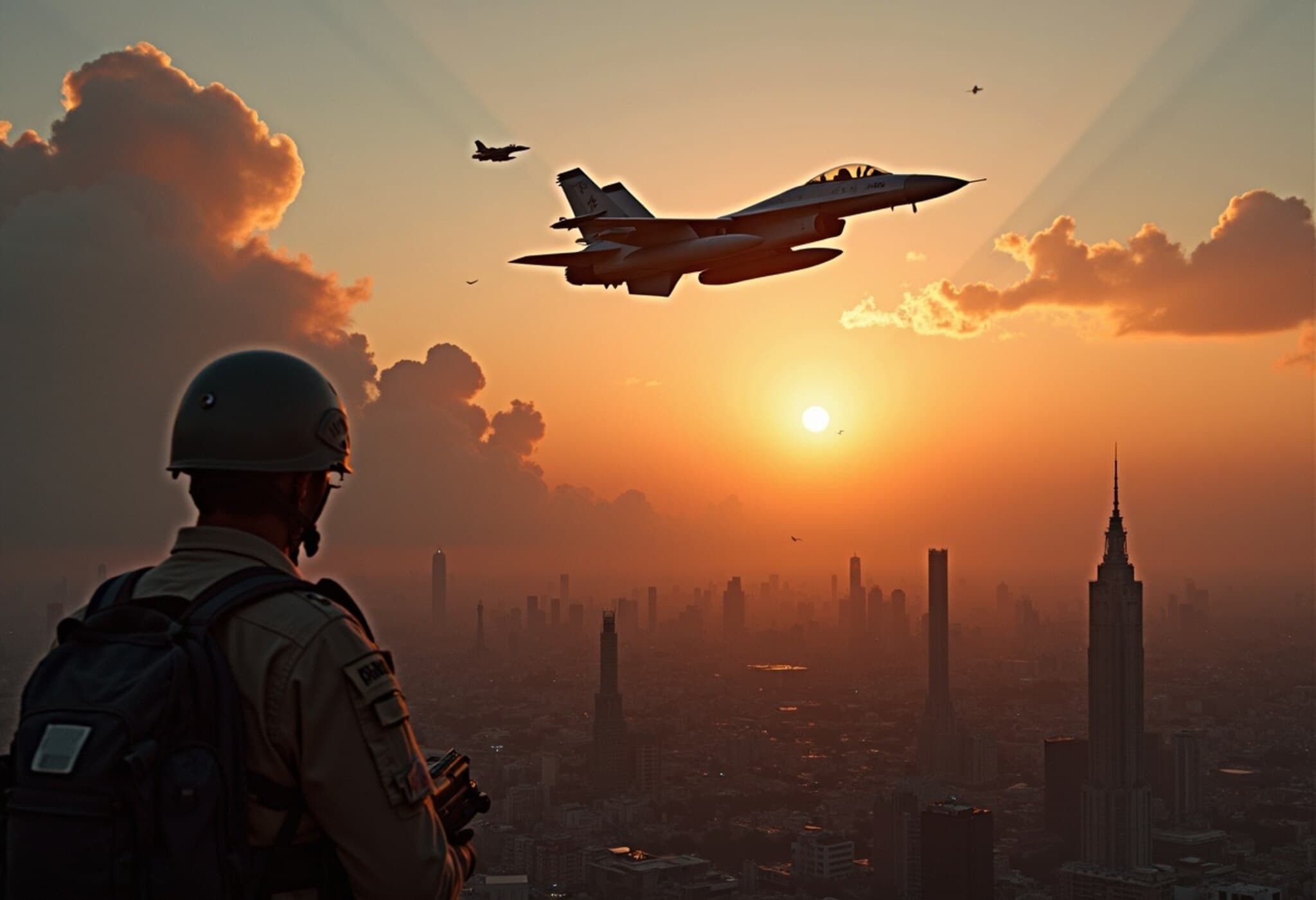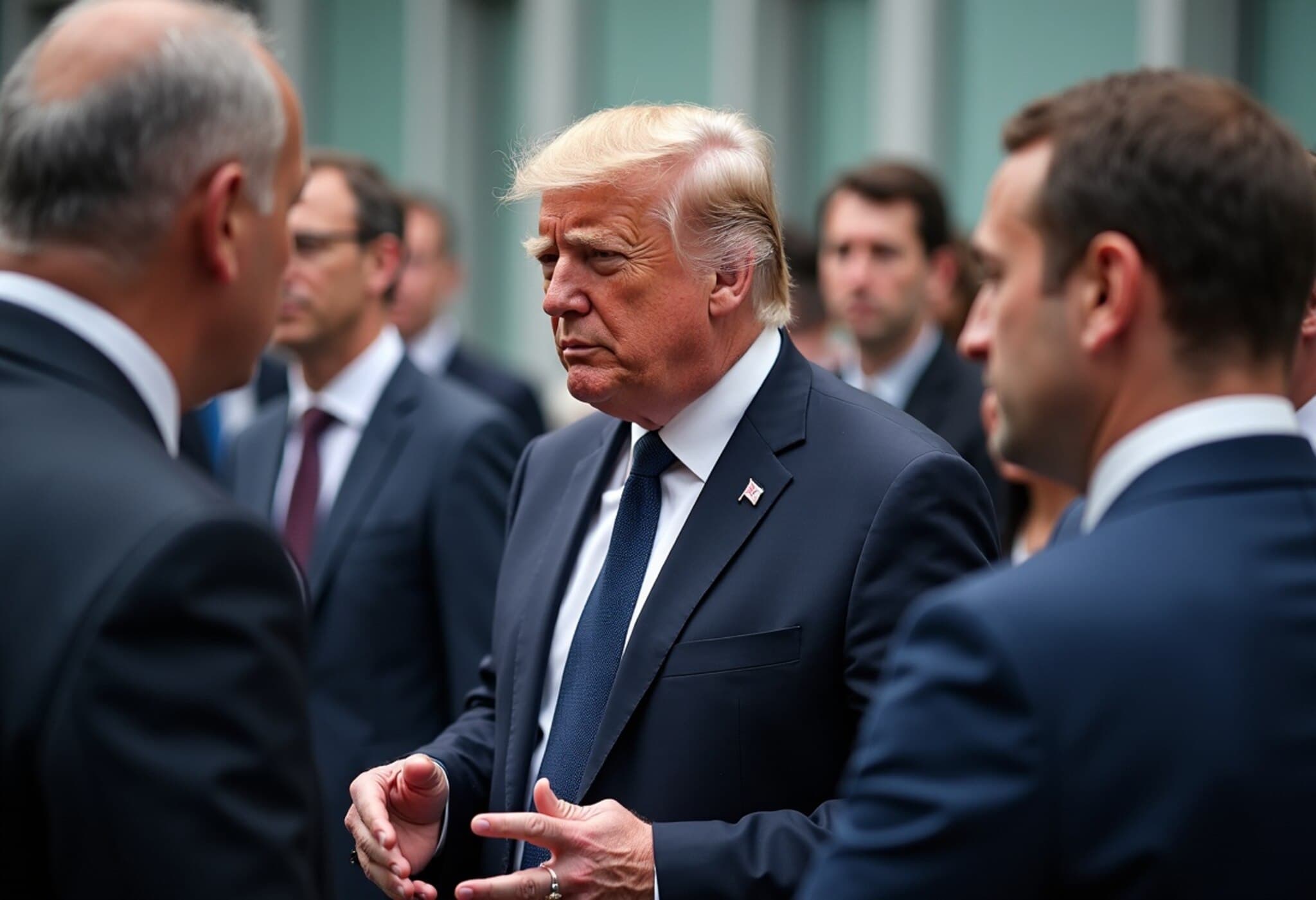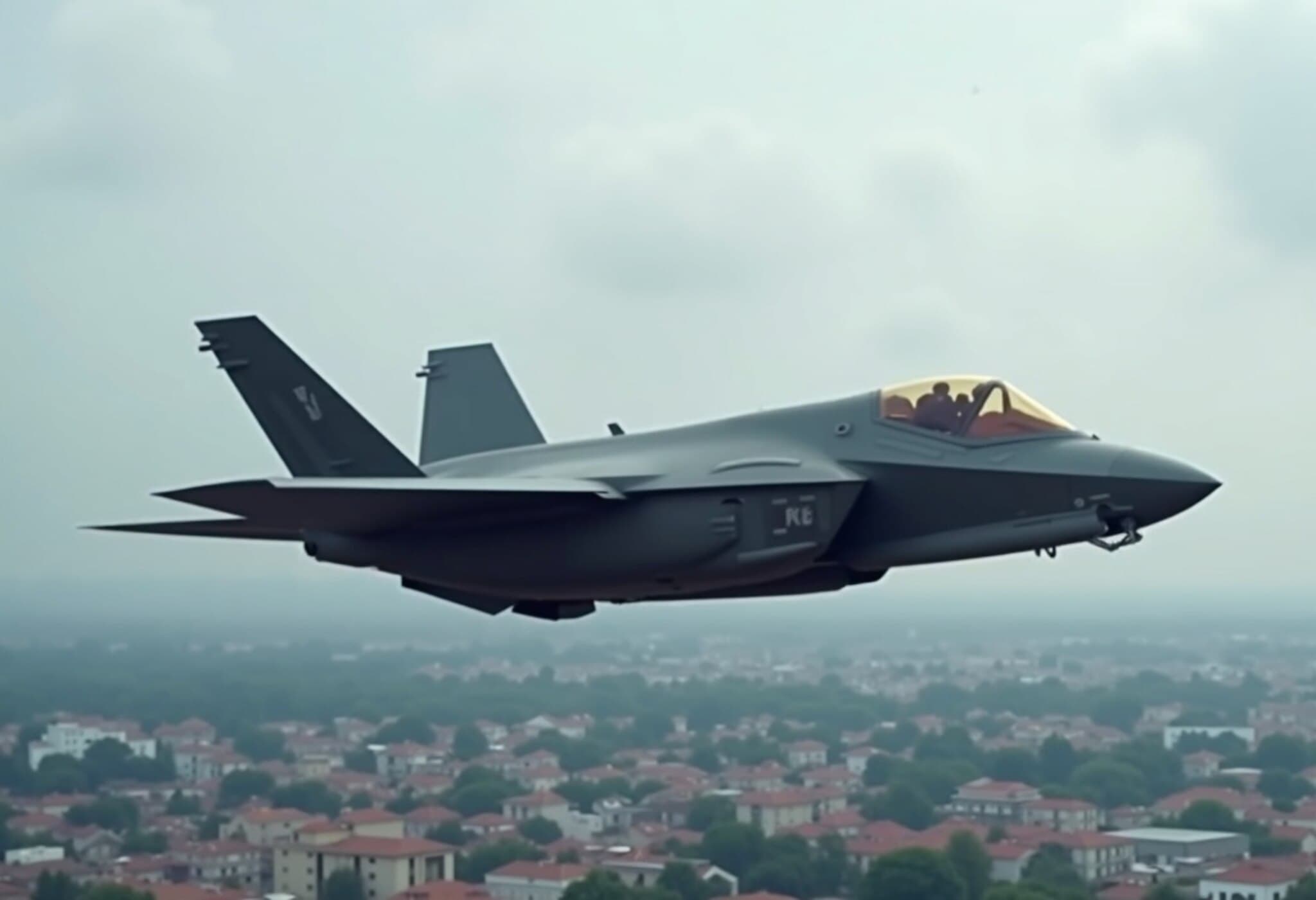Fire at Iran's South Pars Gas Field Sparks Global Concerns
A recent Israeli airstrike has ignited a fire at a crucial processing facility within Iran's South Pars gas field, forcing a partial halt to production. This incident, resulting in the suspension of approximately 12 million cubic meters of natural gas output, marks a significant escalation—Israel's first known attack targeting Iran's vital oil and gas infrastructure.
The Heart of Iran’s Energy: What is South Pars?
Located offshore in Iran's southern Bushehr province, the South Pars gas field is the world’s largest natural gas reservoir. Shared with Qatar—where the site is called the North Field—South Pars supplies about 66% of Iran’s total gas production. Iran, ranking as the third-largest gas producer globally behind the United States and Russia, generates close to 275 billion cubic meters annually, representing roughly 6.5% of global natural gas output.
While international sanctions limit Iran’s export capacity, much of this gas is consumed domestically, with some exports directed mainly to neighboring countries such as Iraq. Meanwhile, Qatar leverages this shared field with international energy giants like Shell and ExxonMobil to export about 77 million tonnes of liquefied natural gas yearly to European and Asian markets.
Why This Attack Matters
Until now, Israel’s military operations against Iranian interests, under its Operation Rising Lion launched earlier last week, have primarily targeted nuclear and military sites. Striking the South Pars gas field represents a pivotal shift, directly threatening Iran's economic backbone.
This escalation raises the stakes considerably: Iran could retaliate by targeting Israeli energy assets, potentially disrupting energy supplies and markets across the region and beyond. A U.S. official responding to the attack described it as "reckless," emphasizing that it jeopardizes global energy security. Already, these developments have contributed to a 9% surge in oil prices amid ongoing regional tensions.
The Road Ahead
- The fire at South Pars has reportedly been extinguished, but repairs and resumption may take time.
- The attack signals a potential broadening of conflict zones, possibly drawing in key global energy suppliers.
- Energy markets remain volatile, reflecting heightened geopolitical risks in the Middle East.
As the dynamics unfold, the international community watches closely, aware that any further escalation could ripple through the world's energy supply chains with far-reaching consequences.

